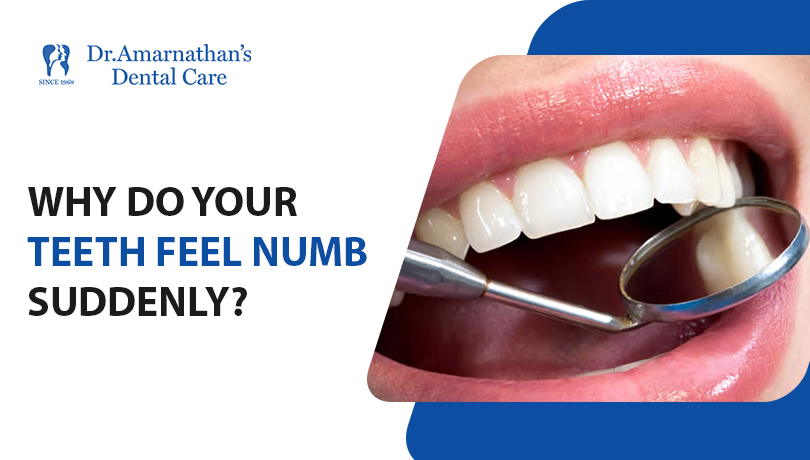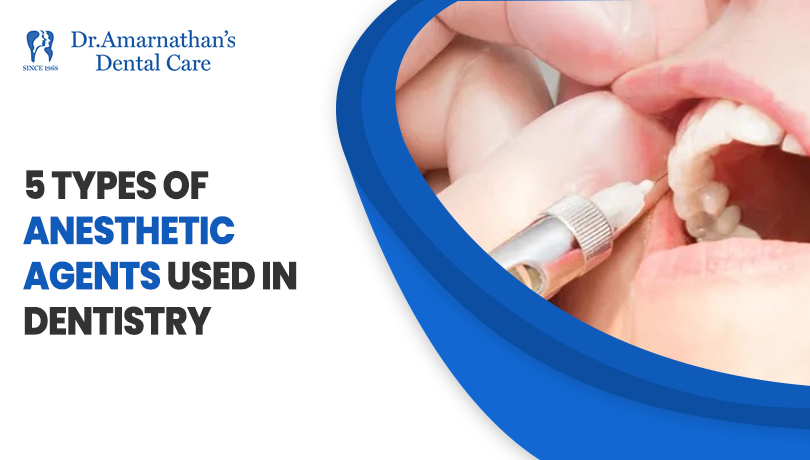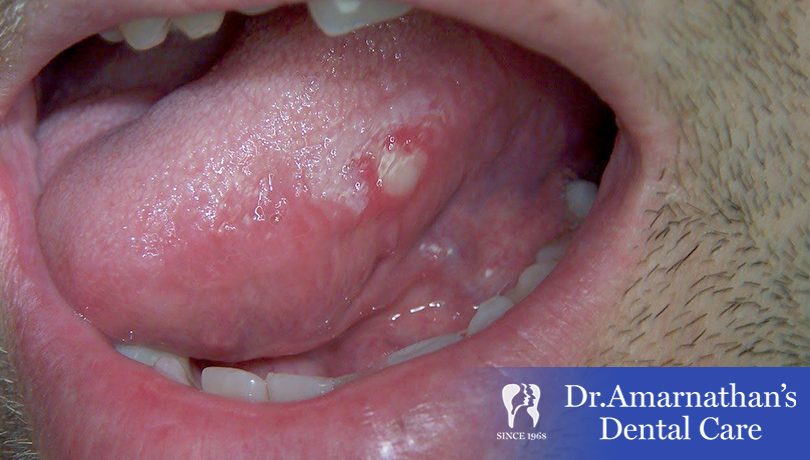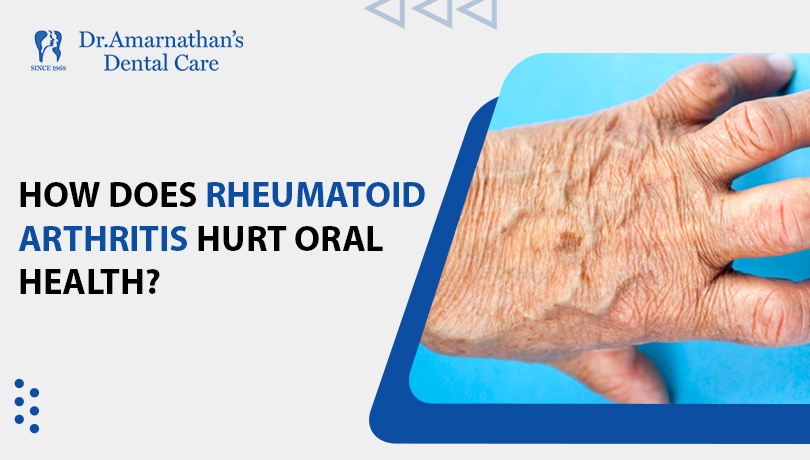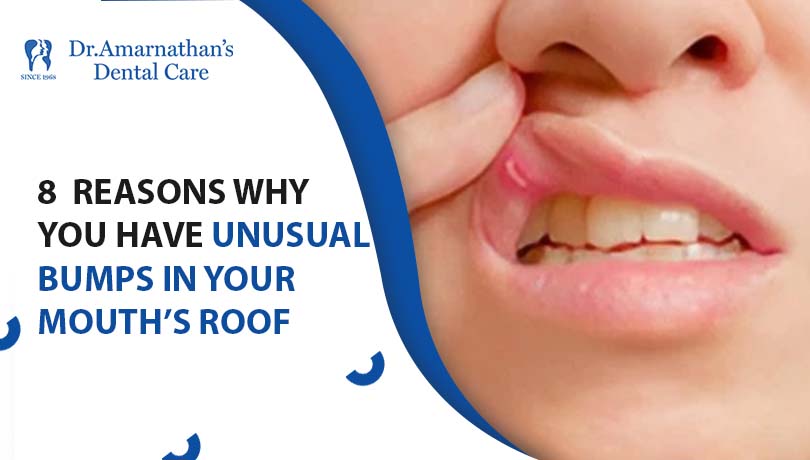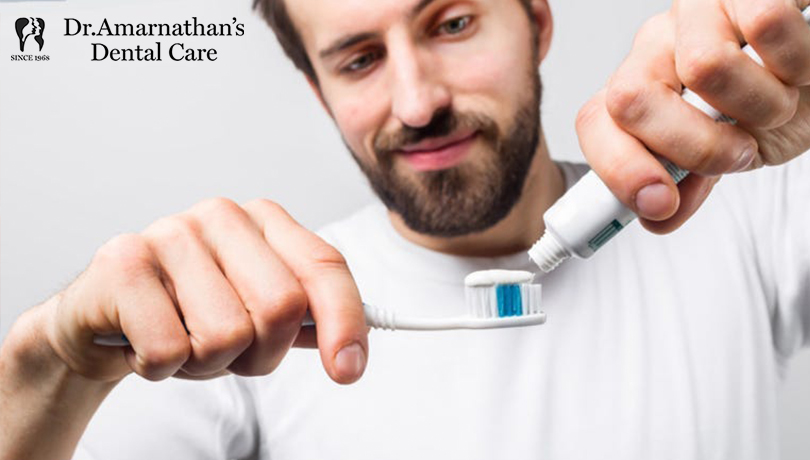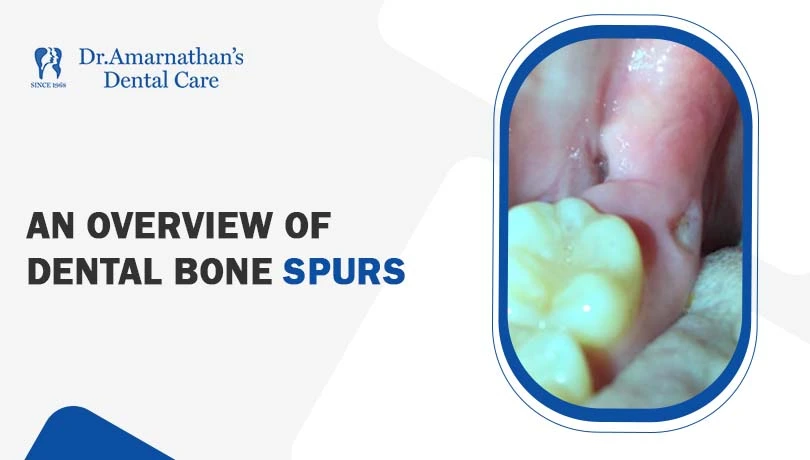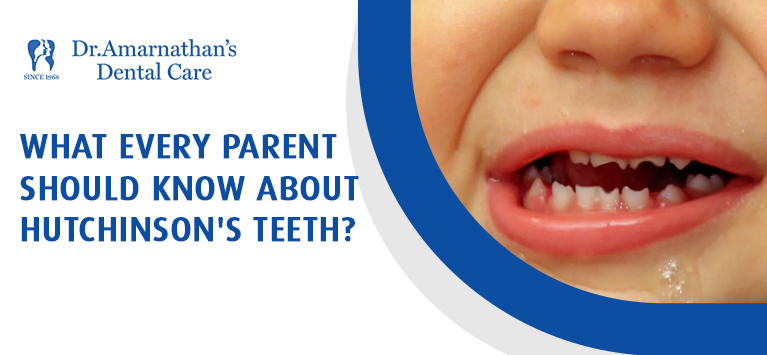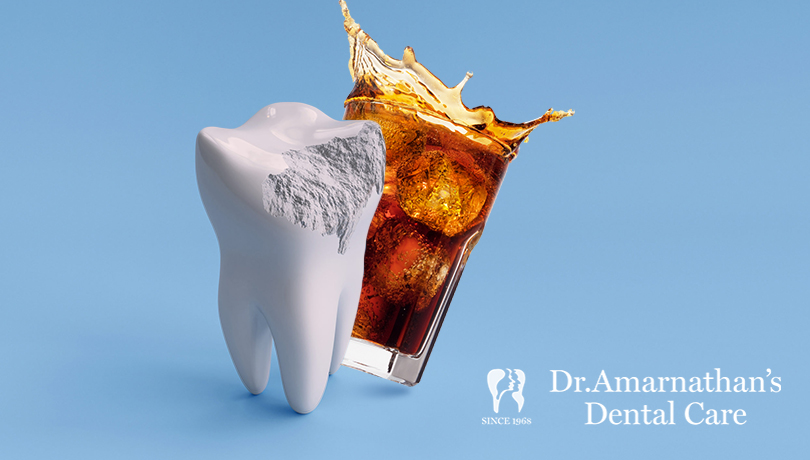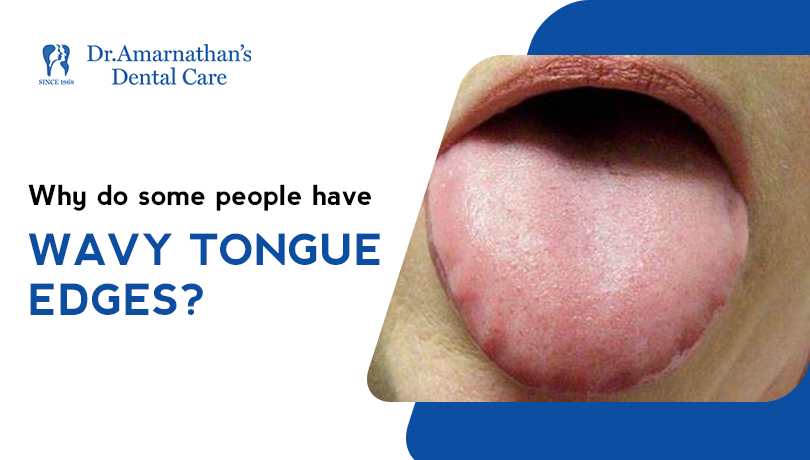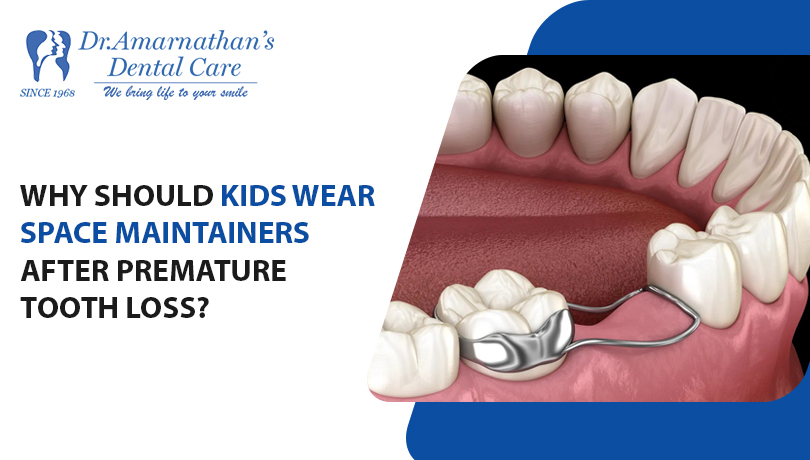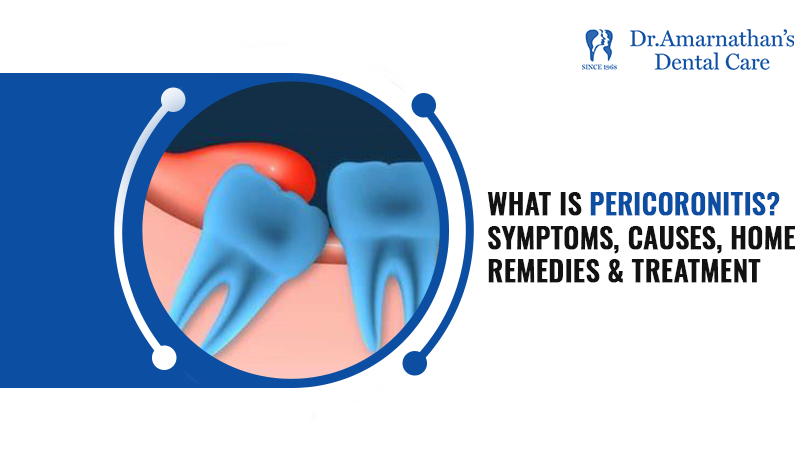
What is Pericoronitis? Symptoms, causes, home remedies & treatment
Pericoronitis refers to inflammation near the wisdom teeth, affecting the gum tissue. This condition is most common in partially impacted molars also called as wisdom tooth, which are not visible. It is also more common in the lower molars that in the higher ones.
Pericoronitis is characterized by a partial or complete coverage of the crown of an erupting tooth by a flap of gum tissue. Based on several factors, your doctor might recommend that the flap be removed or that the tooth be extracted. Sometimes it is best to treat the symptoms.
Symptoms
- Depending on the severity of the infection, symptoms may vary from one person to another.
- Swollen gums in the affected area
- Mild discomfort
- Bad taste in the mouth
While chronic symptoms may last for one to two days, they can continue to recur over several months.
Acute symptoms typically last between 3 and 4 days. can also include:
- Sleep loss can be caused by severe pain
- The affected side of your face may experience swelling
- Discharge of pus
- Pain when swallowing
- Swollen lymph nodes below the chin
- Fever
What causes this?
Pericoronitis is equally common in men and women. In addition, the following disorders and causes are frequently linked to pericoronitis:
Poor oral hygiene, which more frequently results in acute pericoronitis, stress during pregnancy, and upper respiratory tract infection, affects the nose, sinuses, and throat.
Are home remedies useful for pericoronitis?
Mild symptoms of pericoronitis may be managed at home with meticulous oral hygiene and no antibiotics. A small-headed toothbrush can be used to gently brush the area.
This may help break up any food or plaque. The operculum can also be cleared with oral water irrigators. Warm salt water can be used to rinse the area. To reduce bacteria growth, you can also use diluted hydrogen peroxide as an irrigating or rinse solution.
Home treatments for severe pericoronitis, where fever and swelling are present, are not recommended. Instead, you should seek proper medical care from a qualified healthcare professional.
How does pericoronitis get treated?
When deciding how to treat pericoronitis, your dentist will consider a variety of factors. These are the three options available to treat your pericoronitis:
- Take out the tooth
- Management or relief of pain around the molar
- Remove the flap that covers the tooth
- Surgery
If your dentist determines that the tooth or flap needs to be removed, they can recommend that you see an oral and maxillofacial surgeon. Sometimes the flap regenerates, necessitating a second procedure.
However, there are circumstances when keeping the tooth, if at all feasible, is advantageous.
Takeaway
Pericoronitis usually has no long-term side effects. Pericoronitis is not likely to recur if the wisdom tooth completely erupts.
A person who has had a tooth removed can expect to fully recover in 2 weeks. It is important to follow all instructions for aftercare. If you experience severe or throbbing pain, fever or bleeding, contact your dentist immediately.



